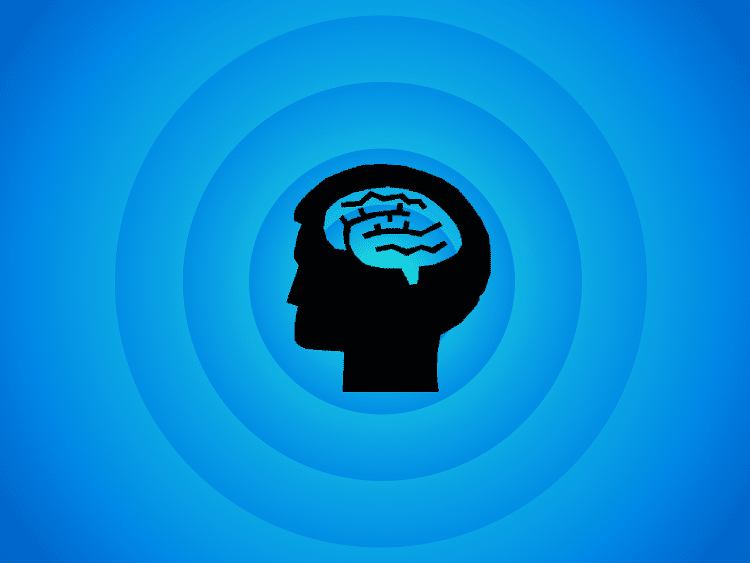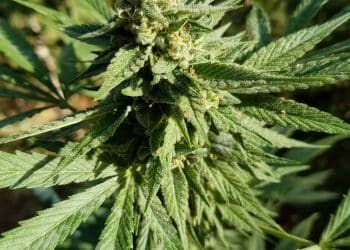Does cannabidiol (CBD) reduce the psychotropic effects of delta-9-tetrahydrocannabinol (THC)? According to a 2012 study published in the Journal of Psychopharmacology, the answer is a tentative yes. [1]
Englund and colleagues [1] designed the following experiment: 48 cannabis-using participants (ages 21-50) were pre-treated with either two 300 mg CBD capsules or two placebo capsules. Administration was double-blind, meaning the participants and researchers didn’t know which capsules were CBD. Three-and-a-half hours later, the researchers injected 1.5 mg THC intravenously.
Then the real fun started.
The researchers conducted a sleuth of tests in three stages (baseline, post-capsule, and post-THC):
- The Positive & Negative Syndrome Scale (PANNS): Rated questions probe for delusions, grandiosity, suspiciousness, conceptual disorganization, hallucinations, hyperactivity, and hostility.
- The Social State Paranoia Scale (SSPS): Rated questions probe for paranoia.
- The University of Wales Mood Adjective Checklist (UMACL): measures affect, or subjective emotion/feeling.
- MATRICS Consensus Cognitive Battery: Three unique cognitive tests record the results of delayed verbal learning/recall, symbol coding (translating symbols into digits), and immediate digit recall to test working memory.
- Neuropsychological Assessment Battery (NAB): Participants complete seven maze-tracing activities, each more difficult than the last.
So, what happened? Did the CBD make a difference across these tests?
Working memory tasks (instant recall) remained impaired after THC in both groups. Affect remained unchanged. PANNS scores were lower for CBD consumers, but values did not reach statistical significance.
CBD did significantly preserve episodic memory (i.e., the delayed verbal recall task) against THC compared to placebo. Episodic memory originates in the hippocampus, while short-term memory tasks originate in pre-frontal cortex. Nonetheless, the precise mechanism of action was unclear.
Interestingly, the CBD group revealed a (near significant) trend for higher baseline trait paranoia. Nonetheless, they experienced non-significant increases in said scores after THC compared to significant increases in the placebo group. In other words, CBD inhibited THC-induced increases in paranoia for individuals who were slightly more prone.
THC-induced paranoia correlated to episodic memory impairment, but the precise connection was unclear.
The authors surmised that “cannabis products lacking CBD are more psychotogenic than
products containing CBD.” Of course, CBD did not prevent all psychotropic effects of THC, which may help explain mixed research findings. [2] The study also did not implement a cross-over design, which means participants were recorded with either the placebo or CBD, but not both. [1]
In brief, the enigma continues.
References
- Englung A, et al. “Cannabidiol Inhibits THC-Elicited Paranoid Symptoms and Hippocampal-Dependent Memory Impairment.” Journal of Psychopharmacology, 2012, doi: 10.1177/0269881112460109. Journal Impact Factor = 4.738, Times Cited = 197
- Solowij, Nadia, et al. “A Randomised Controlled Trial of Vaporised Δ9-Tetrahydrocannabinol and Cannabidiol Alone and in Combination in Frequent and Infrequent Cannabis Users: Acute Intoxication Effects.” Eur Arch Psych Clin N,269, no.1, 2019, pp.17–35, doi:10.1007/s00406-019-00978-2. Journal Impact Factor = 3.192, Times Cited = 11











